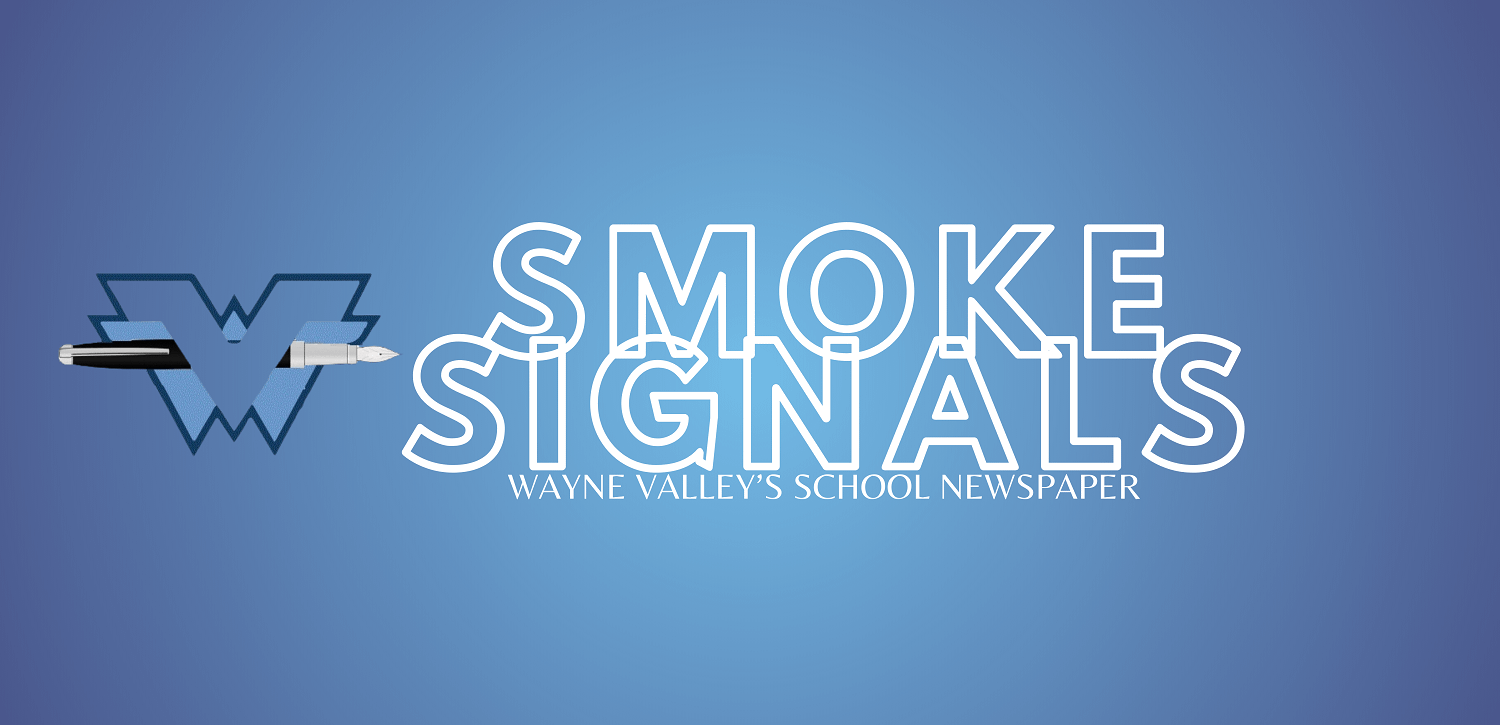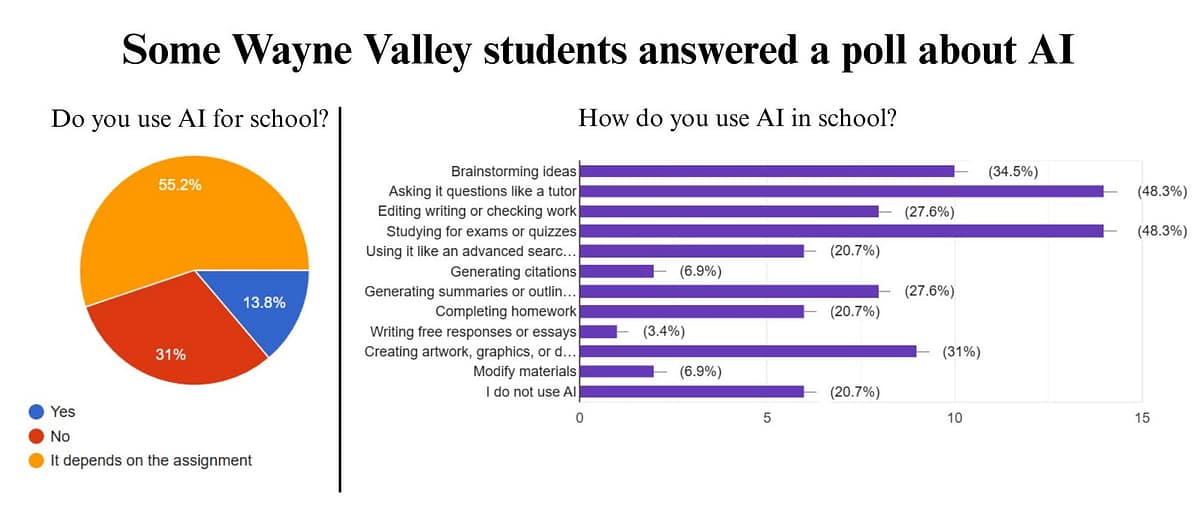Artificial intelligence has quickly become one of the most powerful technologies in modern society. From virtual assistants to self-driving cars, AI reshapes our everyday life. However, similarly to many major innovations, it comes with both benefits and drawbacks.
Pros
- Efficiency
Artificial intelligence can complete repetitive tasks at a much higher speed than humans. In industries such as manufacturing, healthcare, and finance, AI automation reduces errors, increases productivity, and enables people to focus their energy on creative endeavors rather than time-consuming tasks.
2. Improved Decision-Making
AI can help people make smarter decisions by analyzing large amounts of data in small amounts of time. Businesses can also use artificial intelligence to predict trends, detect fraud, and optimize performance.
3. Accessibility and Convenience
Tools like Siri, Google Assistant, and ChatGPT make information easier to access and help with daily tasks like writing emails and translating languages. Additionally, AI-powered accessibility tools like speech recognition and visual description apps can support people with disabilities who are unable to decipher certain things without the tools.
Cons
- Privacy and Security Risks
AI systems collect large amounts of personal data, raising privacy concerns. Since generative AI uses other sources to create text, pictures, and videos, people worry about the lack of credit to the original source. Additionally, some people can use AI to make deepfakes, creating misinformation online that can lead to dangerous outcomes if widely believed.
2. Environmental Impact
Artificial intelligence requires massive amounts of energy to train and run large models. The data centers that power AI systems consume large amounts of water and electricity for cooling. This creates a large contribution to carbon emissions and a strain on the environment.
3. Dependance
As artificial intelligence becomes more commonly used, people may grow too dependent on it. An overreliance on technology can reduce critical thinking, creativity, and problem-solving skills, especially in education and regular decision-making.



